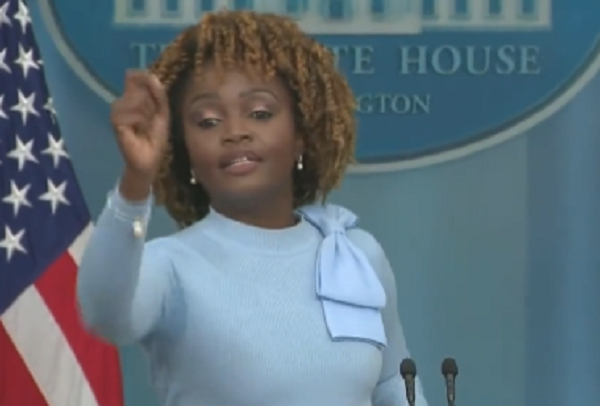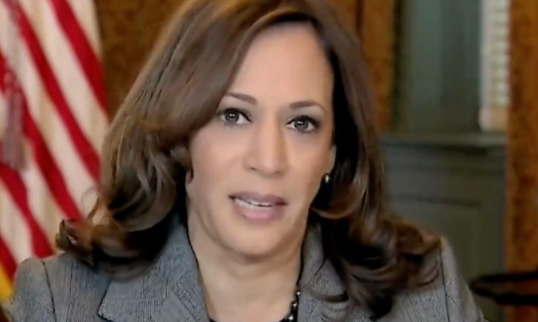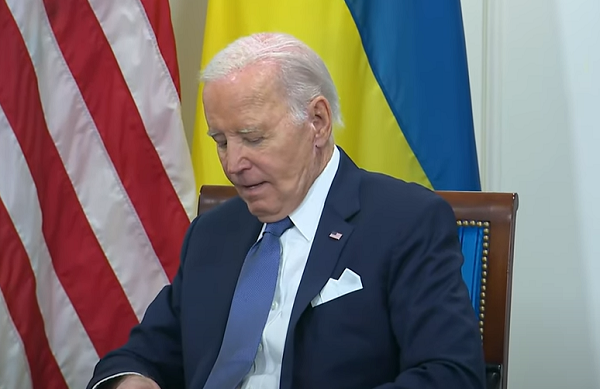Justice Samuel Alito, a conservative member of the U.S. Supreme Court, expressed his viewpoint on Thursday regarding Colorado’s stringent prohibition on former President Donald Trump’s eligibility to run for president.
In the course of the oral arguments held at the highest court in the nation, Alito raised concerns to Trump’s attorney, Jonathan Mitchell, regarding the scope of Colorado’s legislation. Alito inquired whether the legislation was intended solely for Colorado or if it had implications for other states as well, or perhaps even all states.
“Suppose there is a country that proclaims again and again and again that the United States is its biggest enemy, and suppose that the president of the United States for diplomatic reasons think it is in the best interest of the United States to provide funds or release funds so that they can be used by that country, could a state determine that person has given aid and comfort to the enemy and therefore keep that person off of the ballot?” Alito asked.
Mitchell argued that Colorado deviates from the legal principle of collateral estoppel or issue preclusion, which prohibits a party from re-litigating a matter that has already been decided in a prior court case. Consequently, it does not set a precedent for other states.
The Supreme Court will assess whether Colorado has the authority to exclude Trump from the ballot due to his incitement of rebellion. Similarly, Maine has also prohibited Trump from the ballot under the same insurrection clause. A decision by the Supreme Court could potentially terminate Trump’s appeal and have implications for similar cases in other states.
Supreme Court Justice Samuel Alito smacks Joe Biden during Donald Trump's 14th Amendment Case before SCOTUS.
"Suppose there is a country that proclaims again and again and again that the United States is its biggest enemy, and suppose that the president of the United States for… pic.twitter.com/3s4onZ1ewR
— Conservative Brief (@ConservBrief) February 8, 2024







